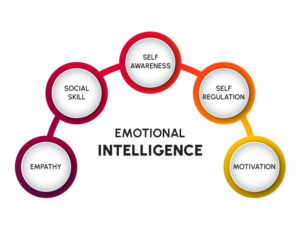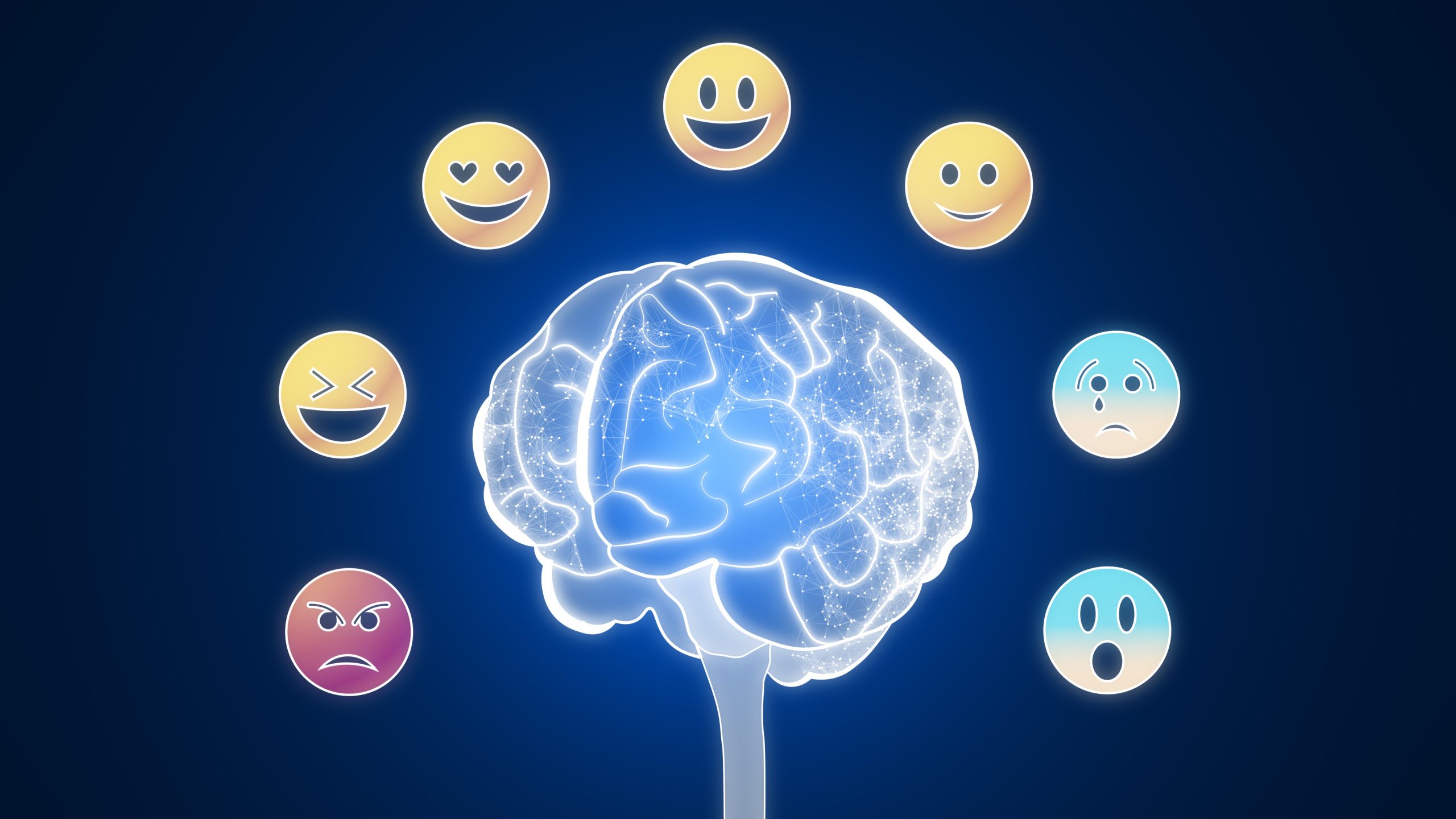The importance of Emotional Intelligence cannot be overstated in our current era. It is a crucial tool that can help navigate the myriad challenges we face, fostering a more resilient and harmonious society.
In today’s world, where everything seems to be spiraling from bad to worse, the need for emotional intelligence has increased manifold. Wars, climate change, cyber attacks, family disputes, religious bigotry, economic crises, pandemics, and more have become the norm. In these turbulent times, finding a remedy is crucial, and that remedy comes in the form of Emotional Intelligence (EI).
It is a well-known fact that humans are a complex blend of various emotions. One moment, a person may be on the pinnacle of happiness, while the next, they may find themselves at an emotional low. In the past, those with low intelligence were often dismissed and labeled as fools. Their lack of ingenuity placed them in the lowest IQ category. However, as society has evolved and undergone radical changes, IQ has taken a back seat. Today, instead of solely relying on academic prowess and cunning, it is essential to radiate the positive aspects of Emotional Quotient (EQ) and Social Quotient (SQ).
Social Quotient is an integral part of EQ. While EQ pertains to the individual, SQ encompasses the multidimensional aspects of our lives. No one can deny that humans, though products of society, are also societies in themselves. Our emotions are affected both on an individual level and within the larger societal context. In the company of others, our raw emotions can be easily swayed by toxic words and gestures. Additionally, the conditioned prejudices we encounter daily can severely impact our inner emotional balance, leading to anger, frustration, isolation, rude behavior, self-harm, low self-esteem, laziness, self-doubt, social and economic retardation, and religious bias.
Today, emotional maturity is a rare commodity. Everyone, from children to the elderly, seems to be sailing in the boat of emotional immaturity. While children and the elderly may be exempted due to their age, the youth and adults must strive to be emotionally resilient. It is they who lead from the front. If their emotions remain raw and they do not develop emotional maturity and strength, they are bound to face defeat in life. Just as gold is purified through fire, so too must youth be tempered by life’s challenges to ensure a stable future. If young people are easily provoked, it indicates a bleak future with constant turmoil.
When we look at the most civilized countries in the world, we see that the secret to their growth and development lies in their effective use of Emotional Intelligence. They do not act like emotional fools. Emotional rushes can have both positive and negative impacts. However, a continuous negative emotional rush can lead society down a disastrous path. Experts assert that positive emotional expression can transform a lifeless society into one that is vibrant and resilient, capable of withstanding various storms and challenges.
There are many causes responsible for emotional immaturity in individuals today. One significant cause is a narrow mindset. A broad-minded person is rarely an emotional fool. With a clear vision and understanding of the transient nature of life, such a person can navigate emotional ups and downs effectively. They understand their position and others’, distinguishing truth from falsehood, which helps regulate their emotional responses. Though tempted by emotions, their control over these impulses allows them to handle situations wisely, thus excelling in emotional intelligence.
Another critical factor is conditioning. We are born without preconceptions, but society, family, and our experiences layer conditioning over our true selves. This process often results in a situation where internal turmoil simmers beneath the surface while we mask our true feelings. Instead of addressing the root causes of our emotional distress and sweeping away negativity, we pile on more conditioning. The outcome is emotional immaturity, as we add superficial layers to our personality while remaining vulnerable to minor provocations.

Religious fanaticism also contributes to emotional immaturity. We often hold peripheral beliefs so close to our hearts that we cannot imagine letting them go. The true path to emotional intelligence involves listening to others’ perspectives without immediate judgment, even when they criticize our deeply held beliefs. Patient listening and introspection are signs of emotional maturity, allowing us to continually reassess our beliefs and remain open to new insights. Emotional tolerance involves recognizing that no single truth is absolute; instead, every truth must withstand scrutiny and evolve with new understanding.
Leniency towards our emotional flaws is another significant cause. Despite knowing the negative consequences of emotional foolishness, we often continue on this path. We set unrealistic expectations, love and hate blindly, and ignore the truth, becoming emotionally blind. When confronted by more enlightened individuals, we may respond with sadness, anger, or even hatred towards those who disturb our comfortable illusions. Sometimes, this reaction escalates to extreme actions, such as silencing rational voices through violence or ostracism.
To live a peaceful and fulfilling life, embracing emotional intelligence is crucial. It should become an integral part of our lives from an early age. Children should be taught to develop emotional maturity, fostering a revolutionary change in society. Experts and practitioners in the field of emotional intelligence can provide valuable guidance in this endeavor. When life feels like a roller coaster, seeking remedies is essential, and a significant part of the solution lies in enhancing our emotional quotient (EQ).
It is never too late to embrace the principles of emotional intelligence. By doing so, we can become emotionally resilient individuals, setting a positive example for future generations. This approach can lead to a reduction in crimes and diseases, creating a healthier and more harmonious society. Everyone must contribute to this effort, hoping for the best while preparing for the worst.
The views expressed in this article are solely those of the author and do not necessarily reflect the opinions or views of this Magazine.
Blurb
Today, emotional maturity is a rare commodity. Everyone, from children to the elderly, seems to be sailing in the boat of emotional immaturity. While children and the elderly may be exempted due to their age, the youth and adults must strive to be emotionally resilient.

Leave a Reply